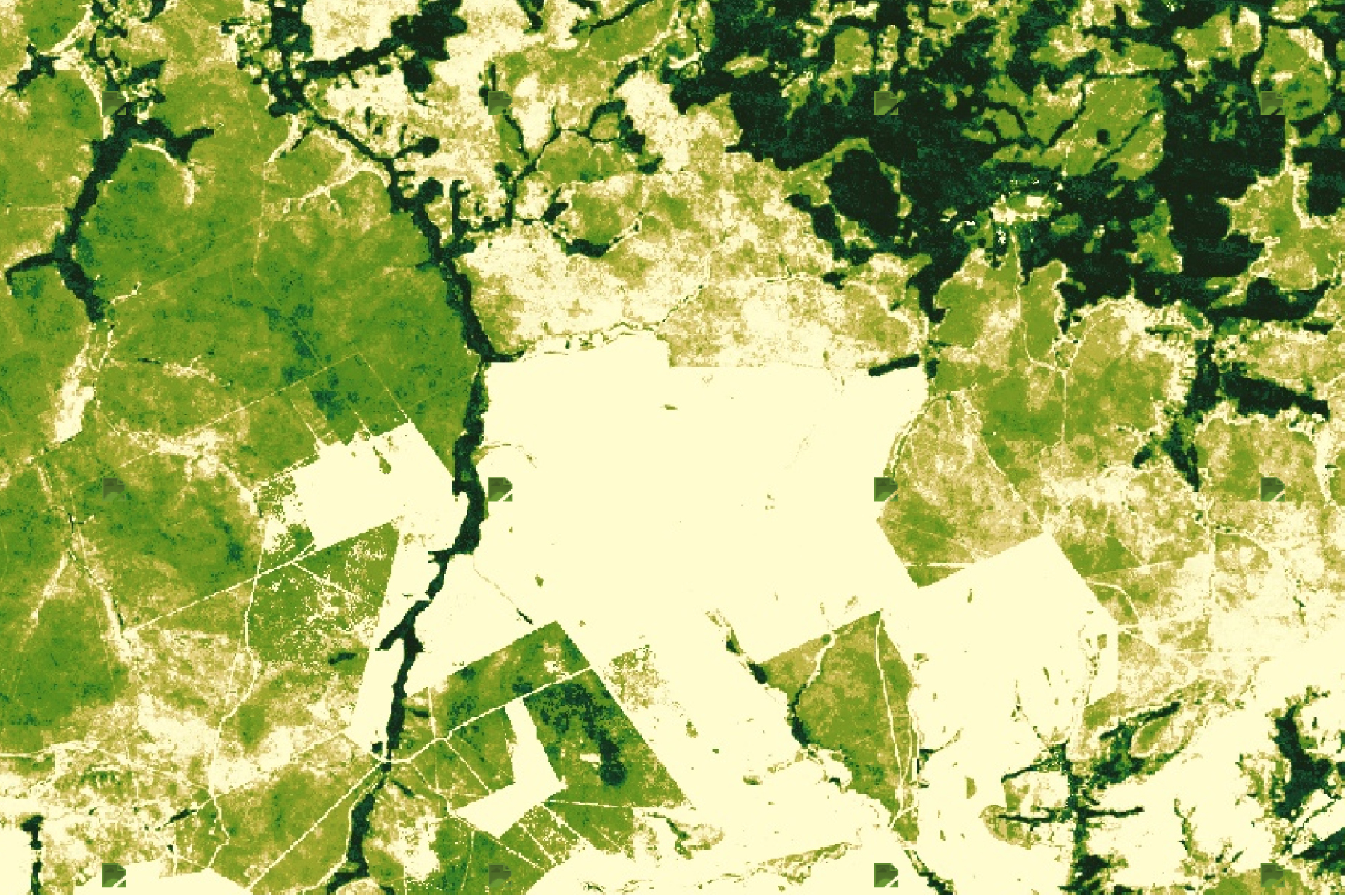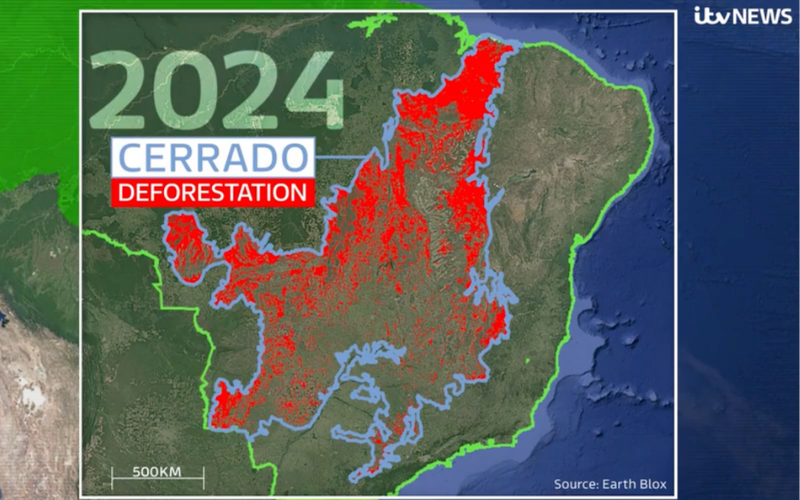The voluntary carbon market is evolving, and with it, companies' approaches to completing due diligence on the Nature-Based Solutions projects they invest in. Greater access to satellite data is leading more companies to bring the due diligence process in-house.
In an article for Carbon Herald, "Four Corporate Due Diligence Trends In The Maturing Voluntary Carbon Market", Earth Blox co-founder Sam Fleming explores four significant trends shaping the future of corporate responsibility in this space.
Emerging trends in corporate due diligence for Nature-Based Solutions
1. Due diligence as a safeguard
Corporate buyers are becoming increasingly vigilant, seeking assurance that their investments in carbon credits are robust and beyond reproach, especially in light of media scrutiny. This vigilance is not just about avoiding the pitfalls of inadequate project verification but also about ensuring readiness for independent audits, a necessity for those purchasing substantial volumes of credits. With credits validated by independently verifiable satellite data, companies can more effectively counter accusations of greenwashing, reinforcing their commitment to genuine environmental impact.
2. Due diligence to differentiate
In a maturing market, distinguishing high-quality carbon credits becomes paramount for intermediaries aiming to stand out. Enhancing due diligence through satellite imagery analysis not only adds rigour but also serves as a powerful tool for product differentiation and quality assurance, potentially commanding higher prices for credits. Projects demonstrating strong biodiversity outcomes through satellite and field data are deemed more valuable, offering a clear competitive edge.
3. Due diligence for scale
With the advent of geospatial technologies like Earth Blox, sifting through potential carbon projects is no longer confined to highly technical geospatial teams. These technologies empower commercial team members to perform preliminary assessments, efficiently weeding out non-viable options and conserving resources for the geospatial experts. This streamlined process allows geospatial teams to focus on evaluating the most promising Nature-Based solutions, thereby accelerating investment scaling and enhancing quality assessments.
4. Due diligence for transparency
Nature-based solutions projects, often nestled in far-flung locales, pose a narrative challenge for businesses eager to share their stories with customers and stakeholders. This situation demands a due diligence approach that not only confirms the projects' environmental credentials but also aids sustainability departments in crafting compelling, transparent narratives that bridge the gap between remote project operations and the broader audience's understanding.
These trends not only reflect the voluntary carbon market’s maturation but also signal a shift towards more accountable, impactful, and transparent environmental investments. Embracing these trends allows companies to navigate the complexities of the carbon market with confidence, ensuring that their contributions to climate action are both significant and substantiated.
To explore these trends in detail, read the full article by Sam Fleming here: Four Corporate Due Diligence Trends In The Maturing Voluntary Carbon Market.
Discover how Earth Blox can accelerate your Nature-Based Solutions due diligence process - book a consultation here.


.png)
